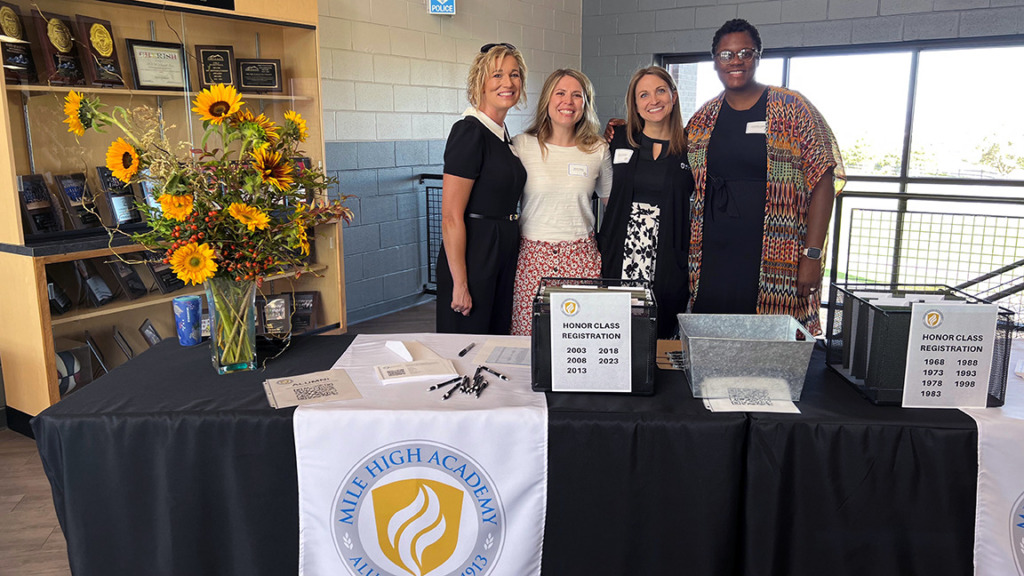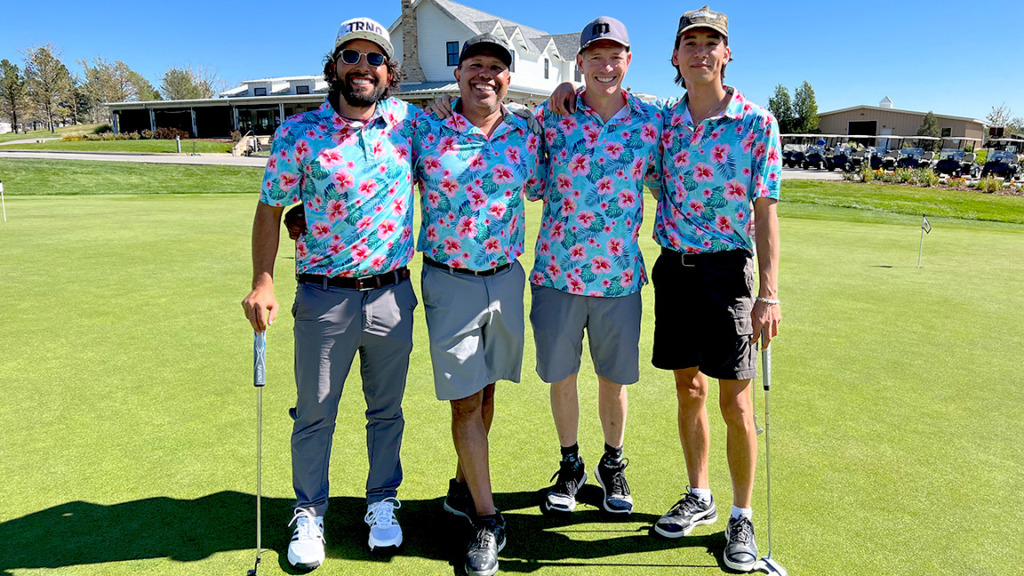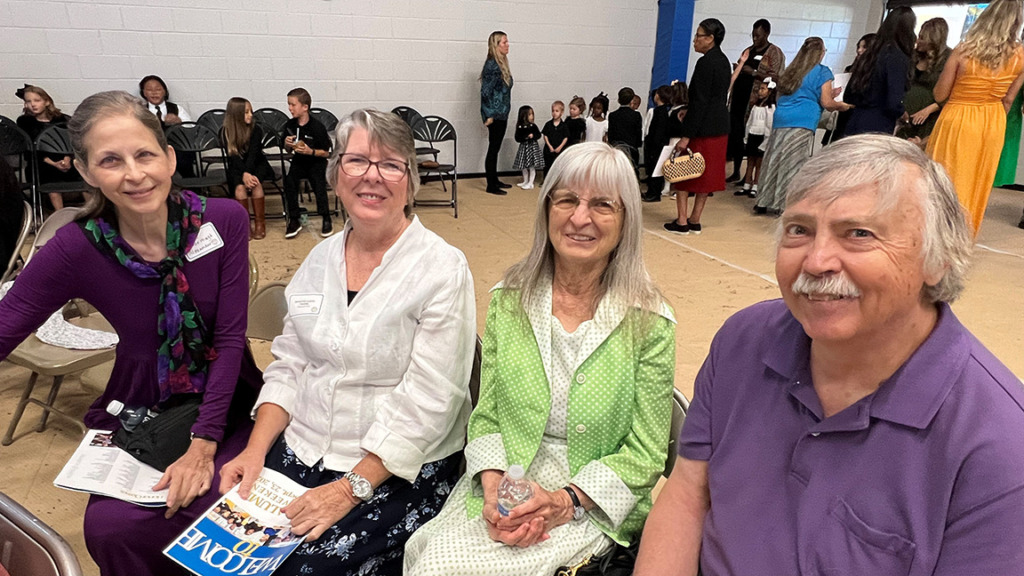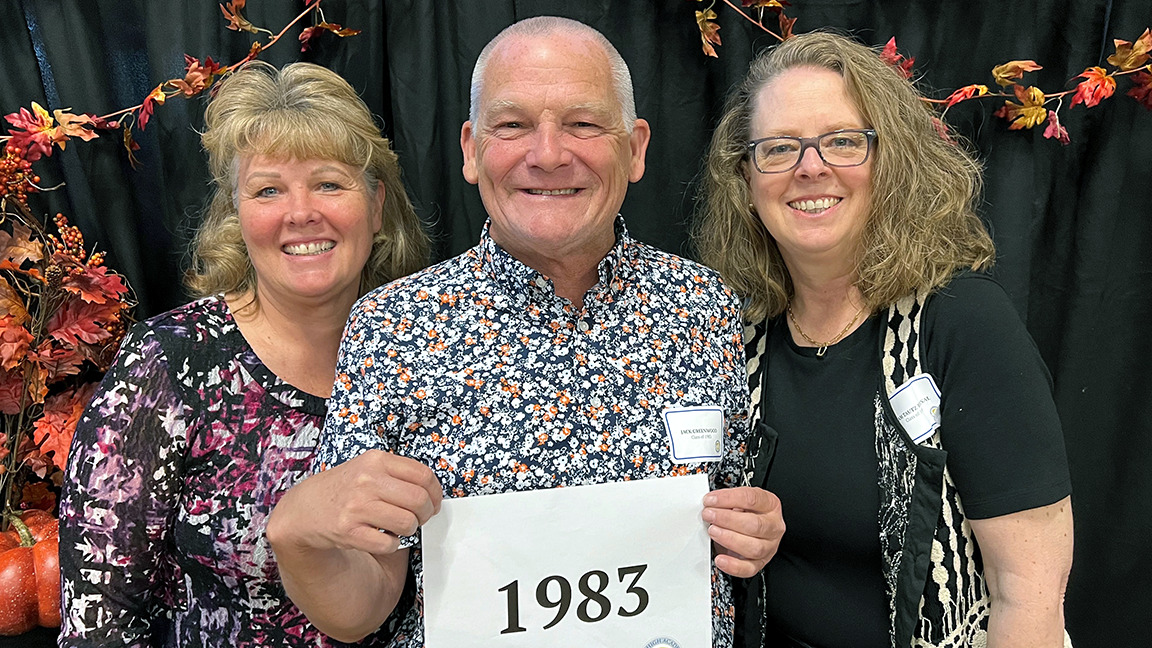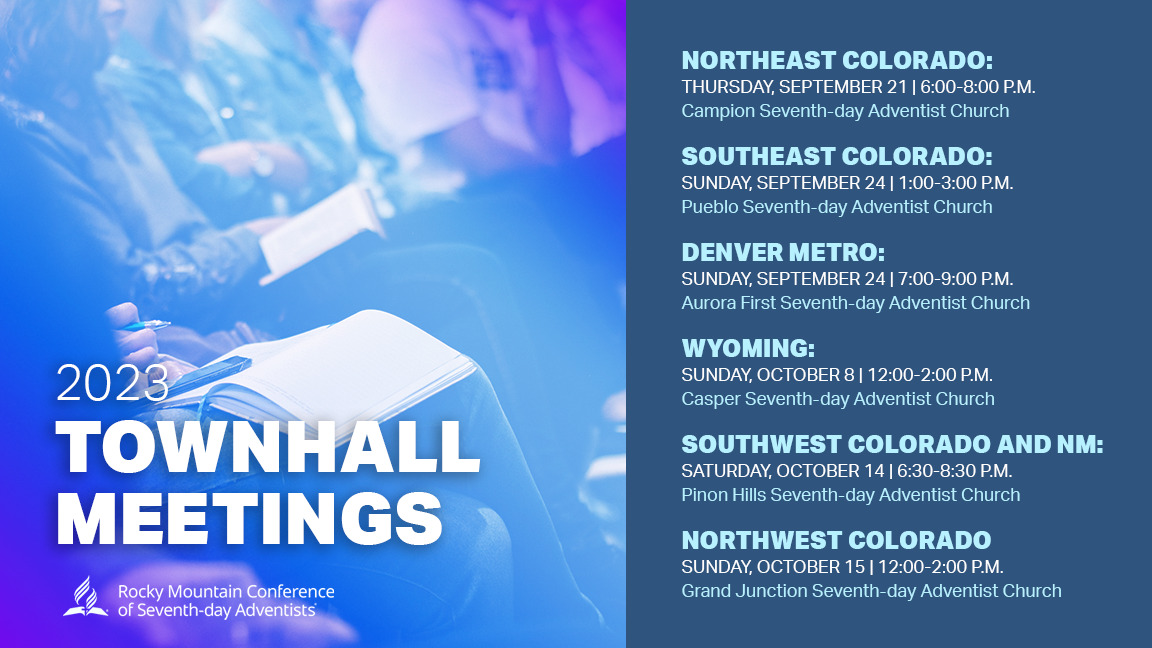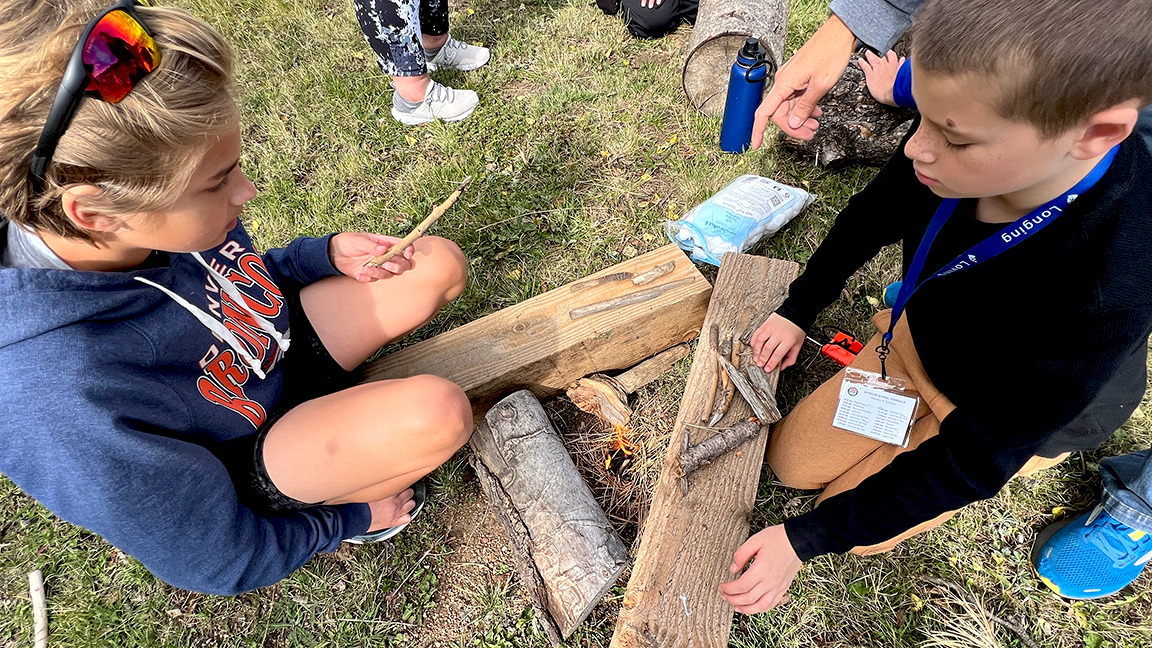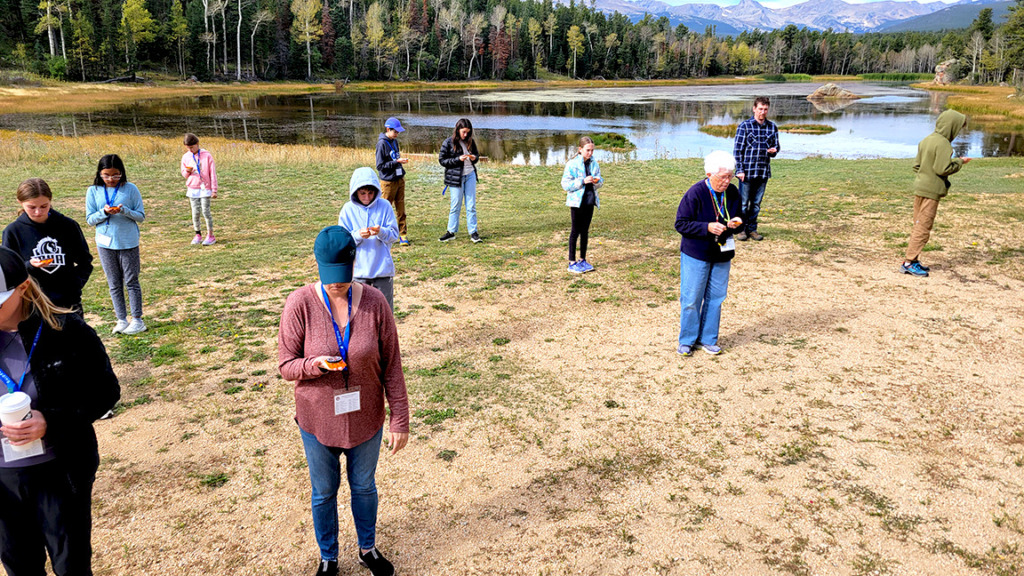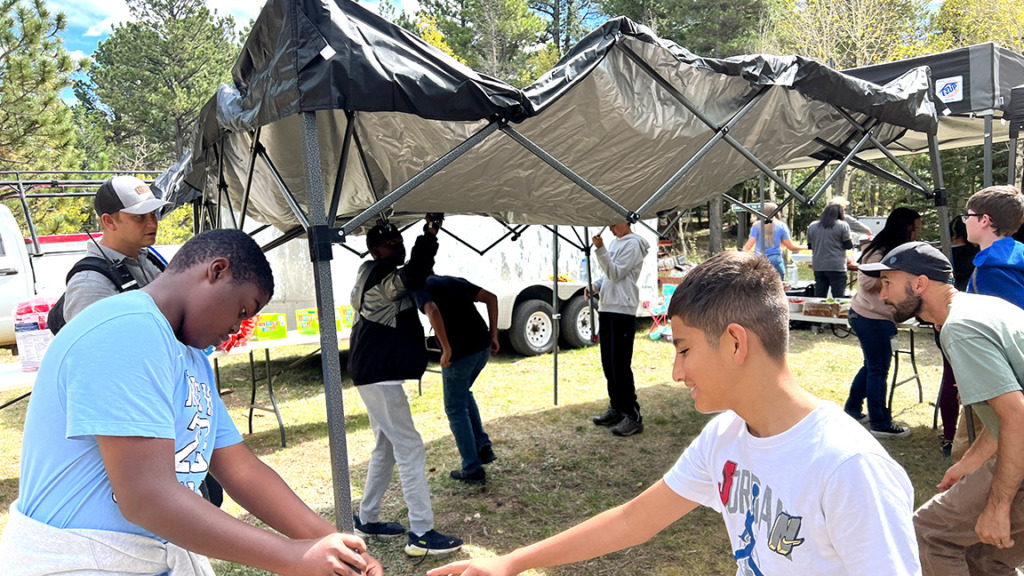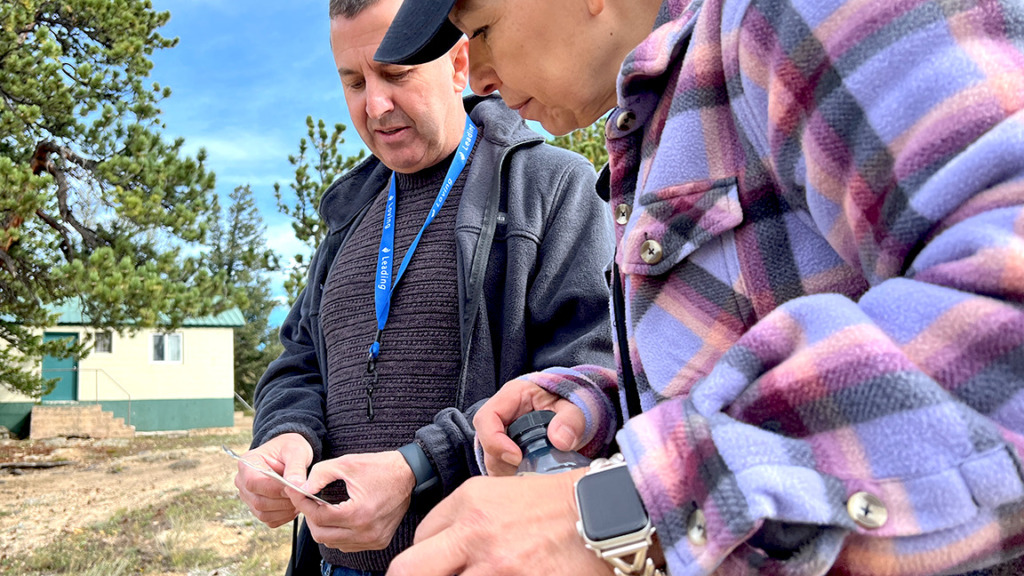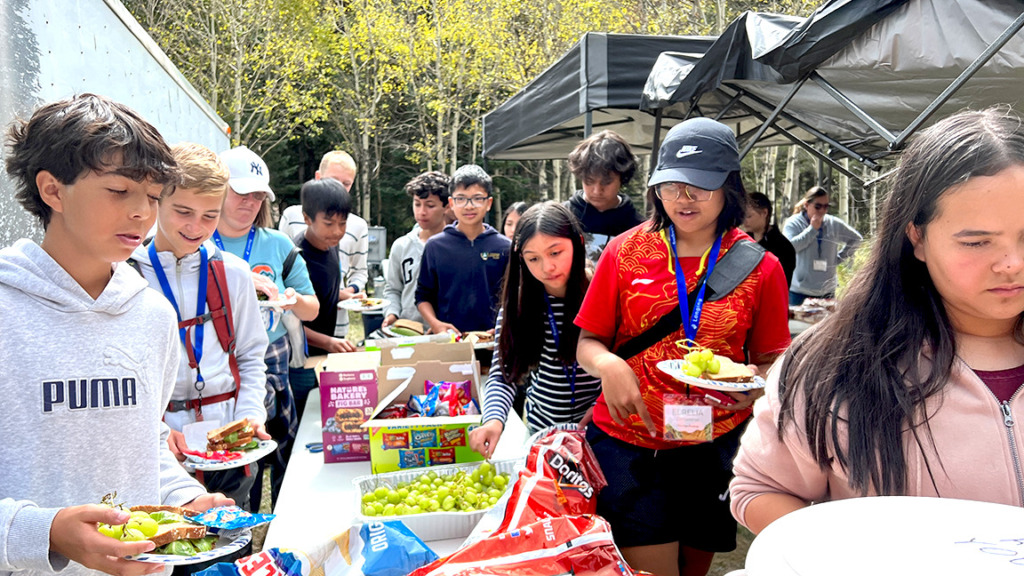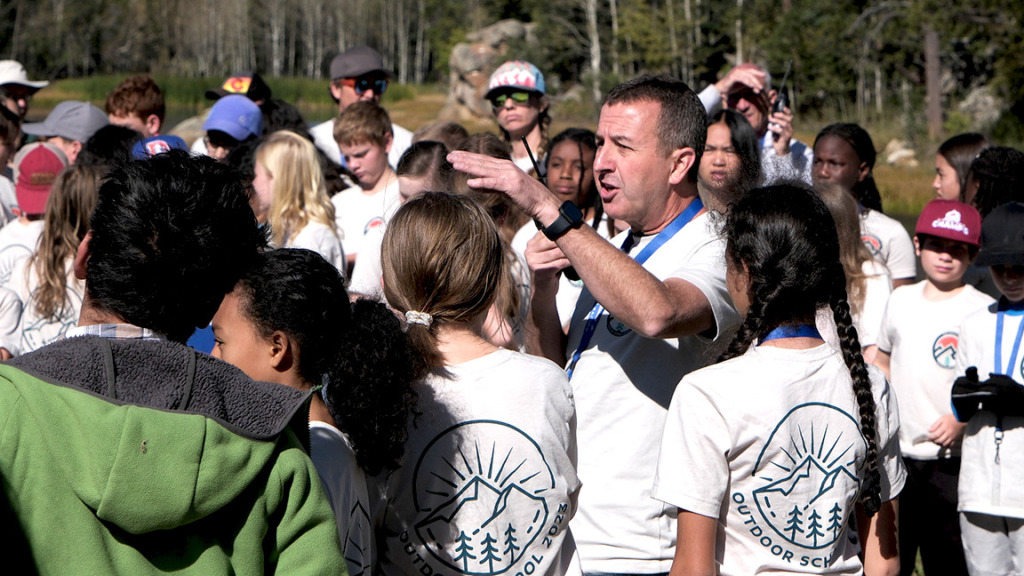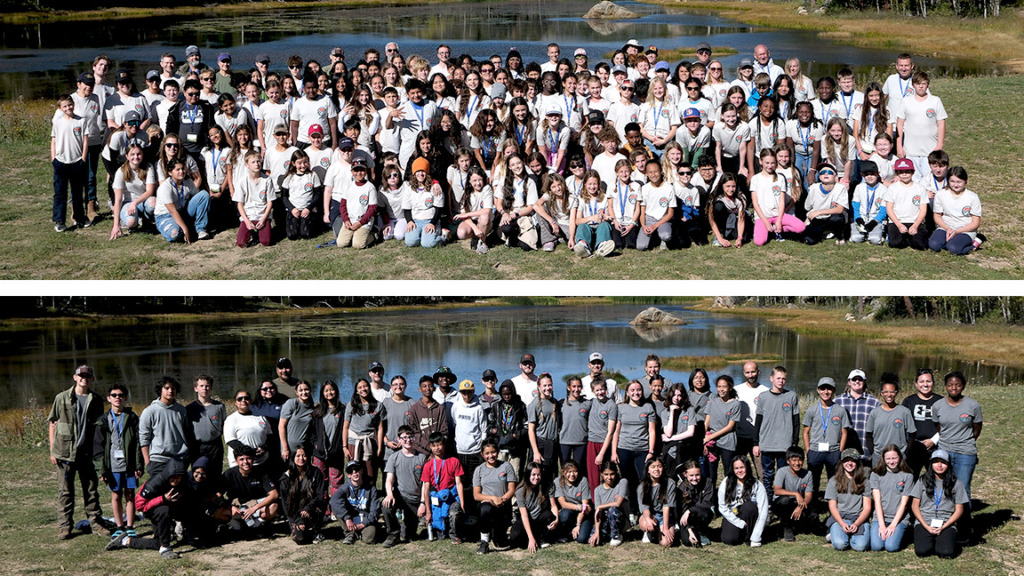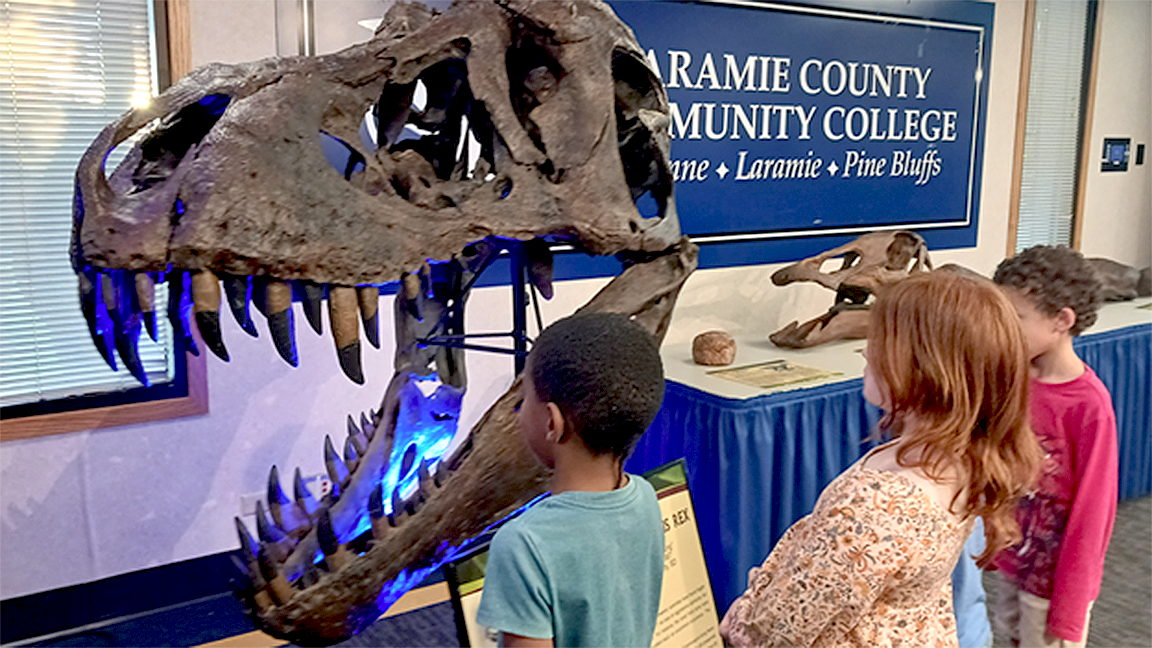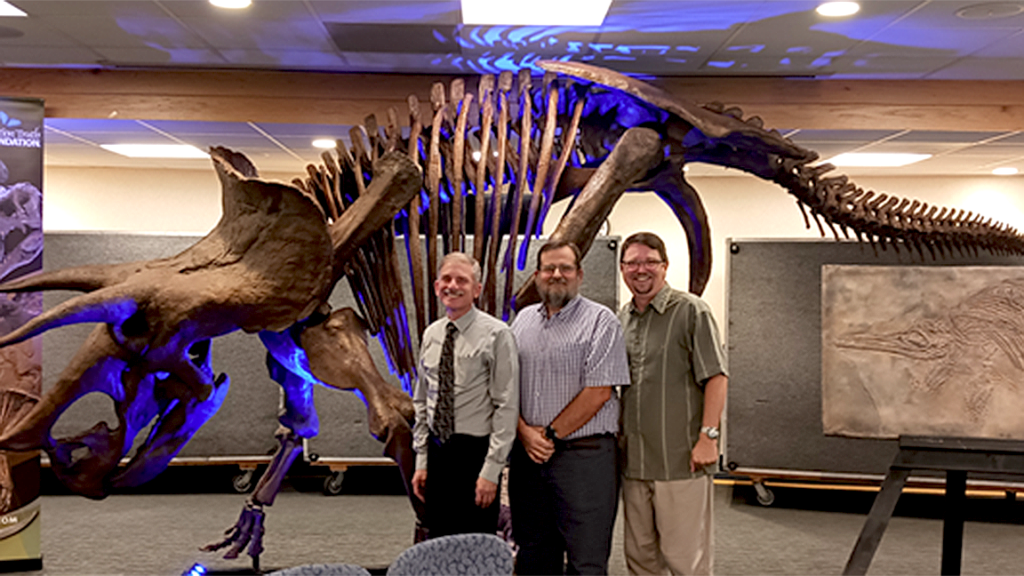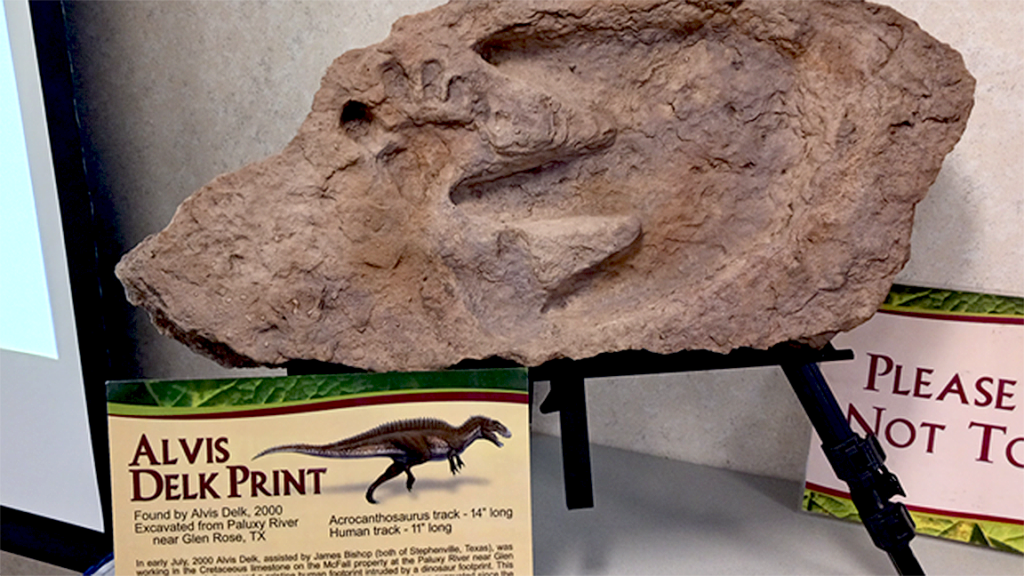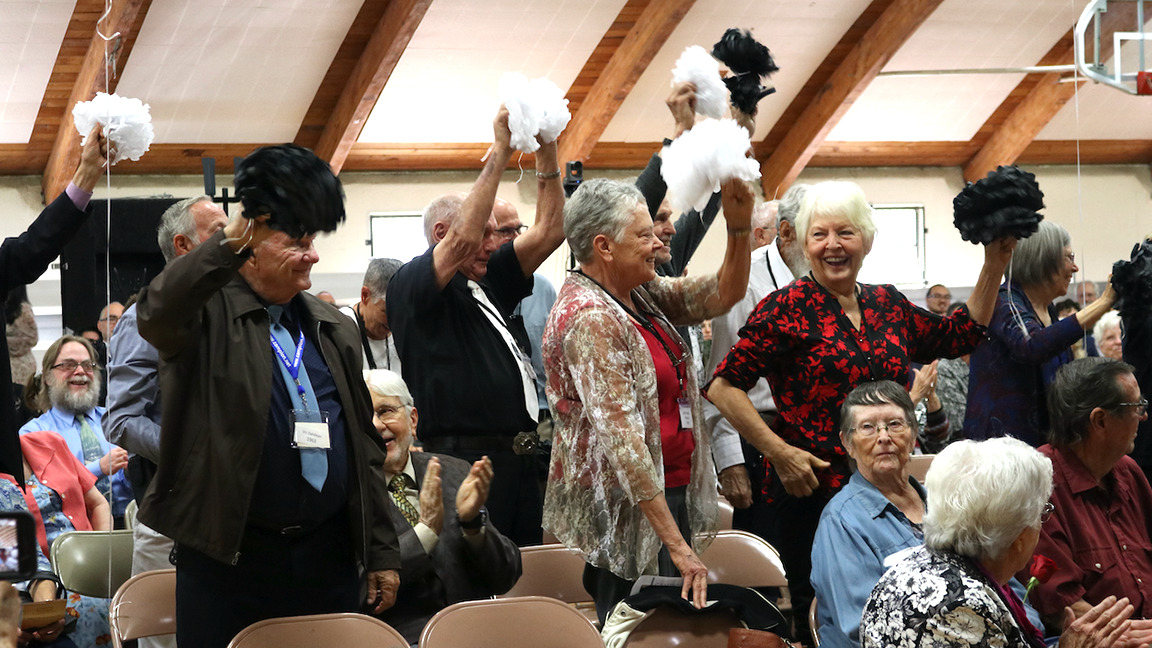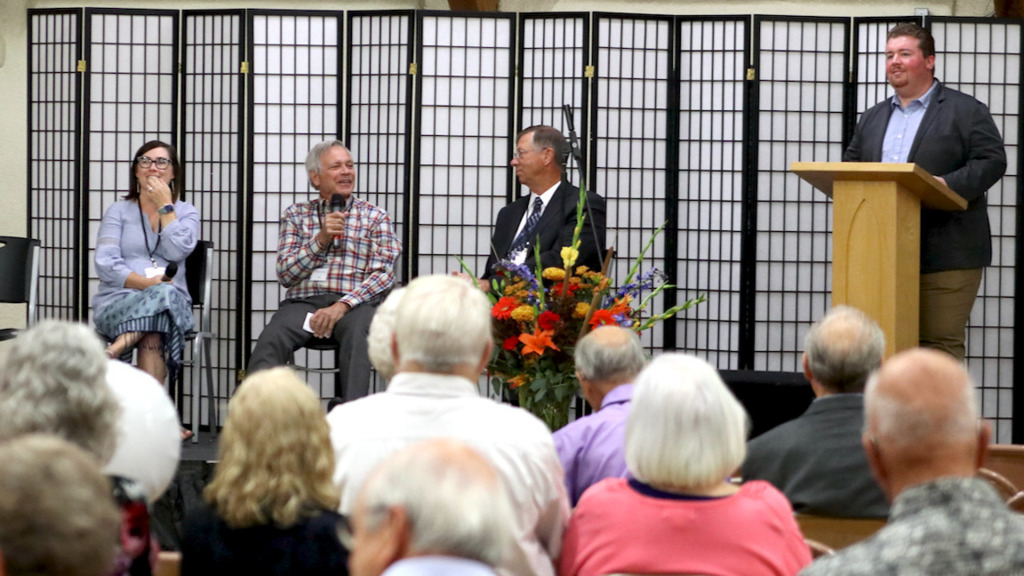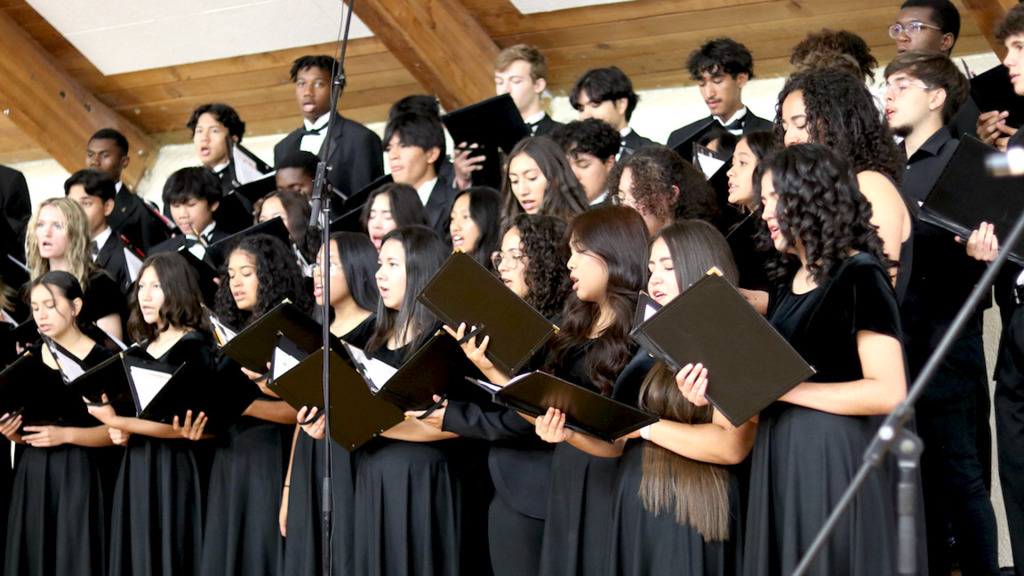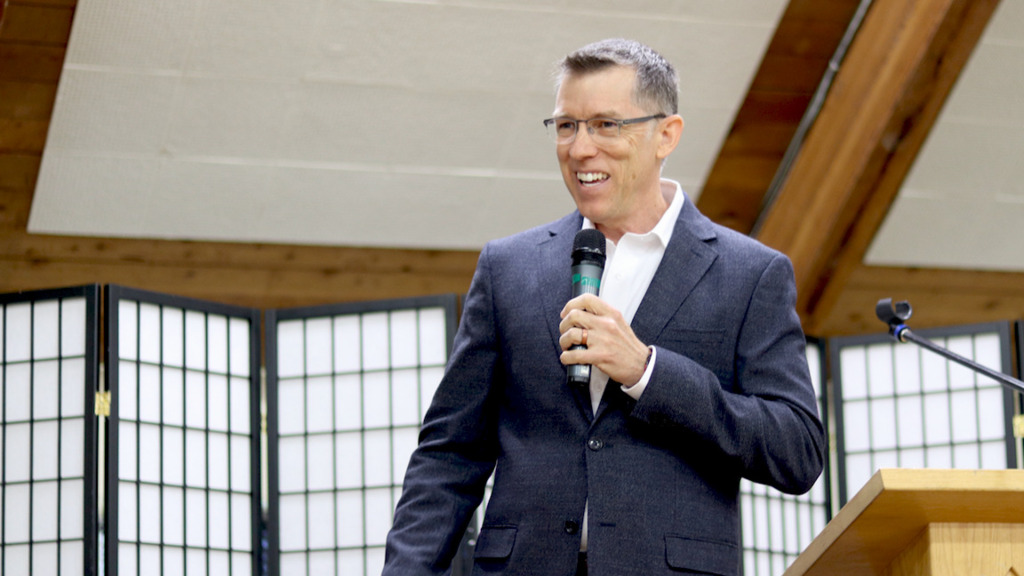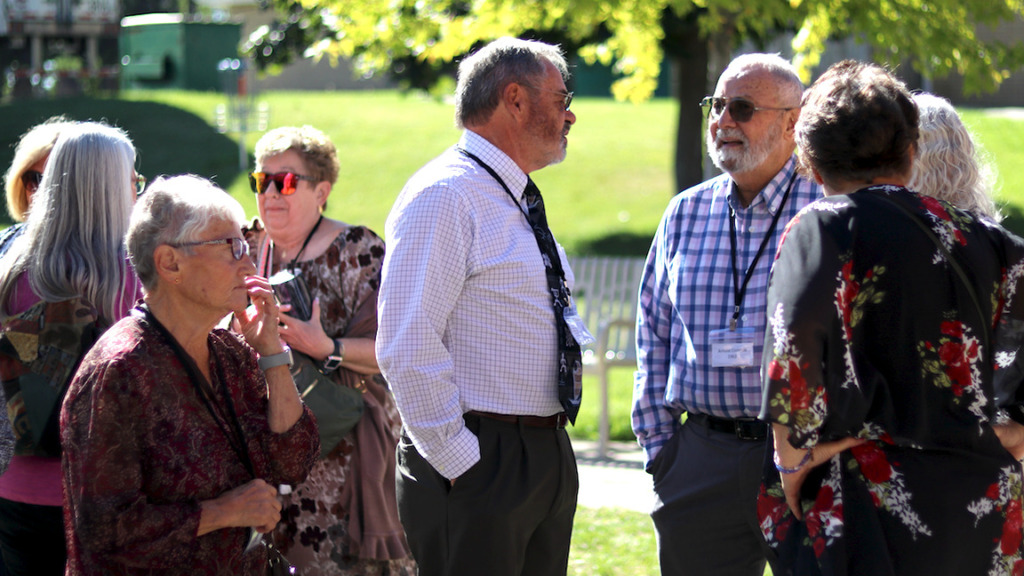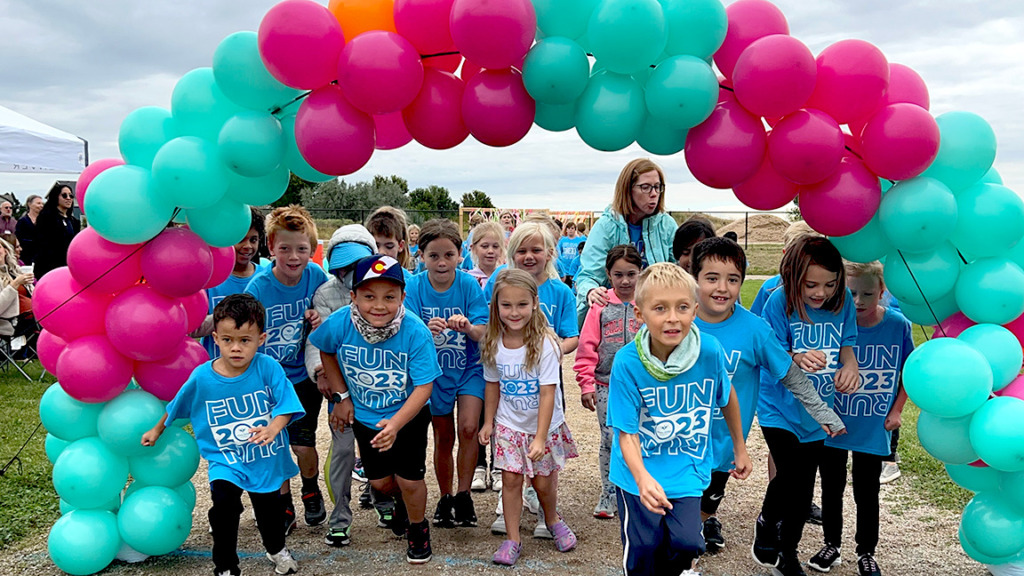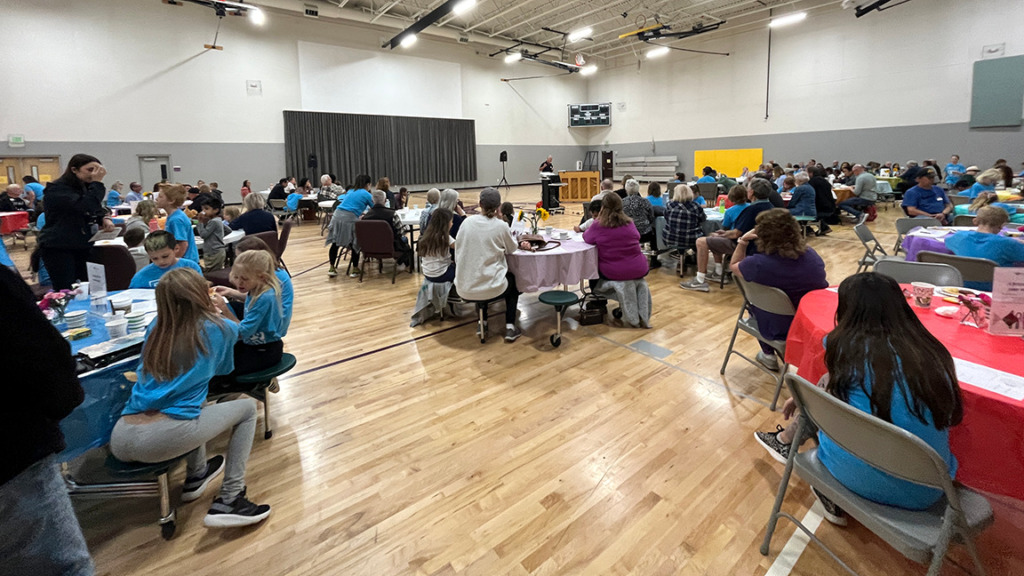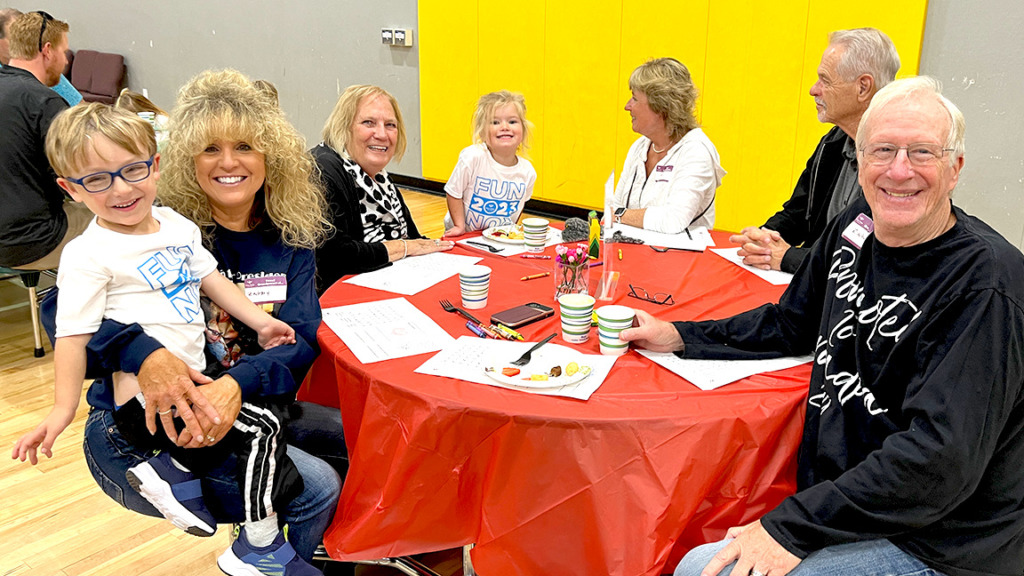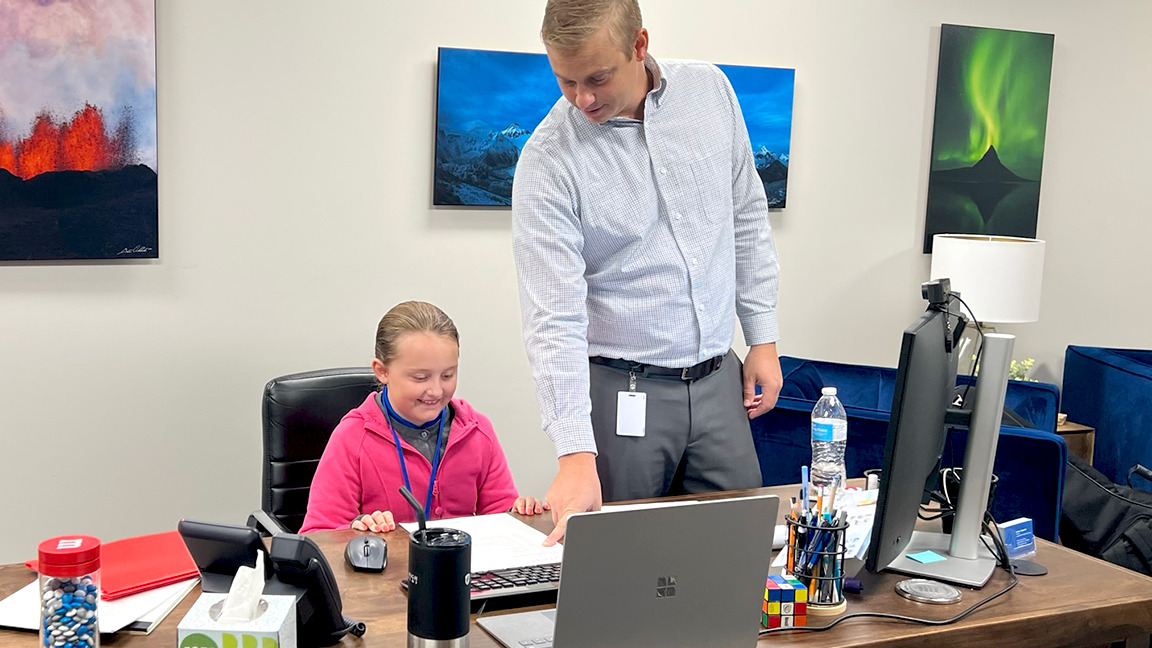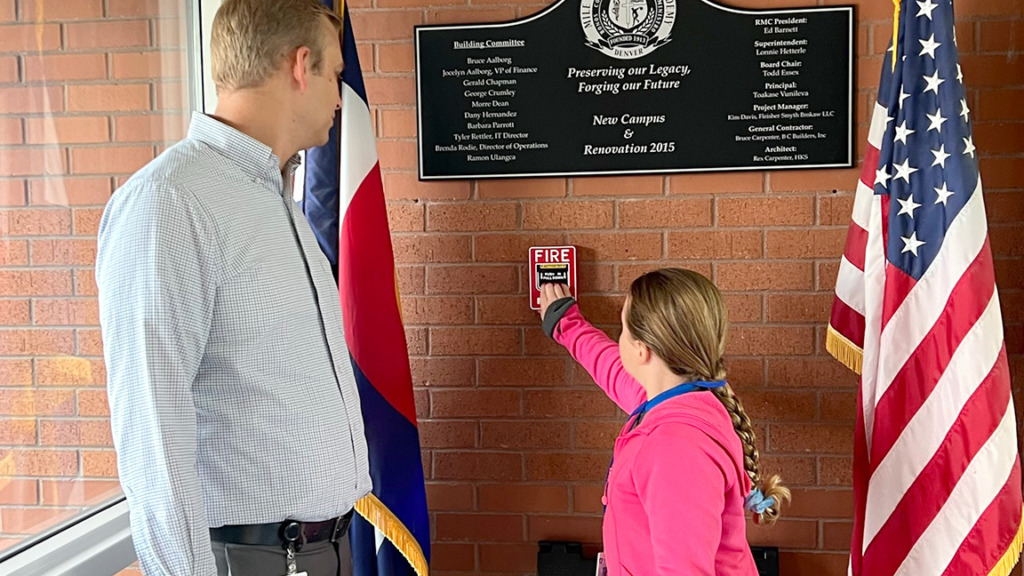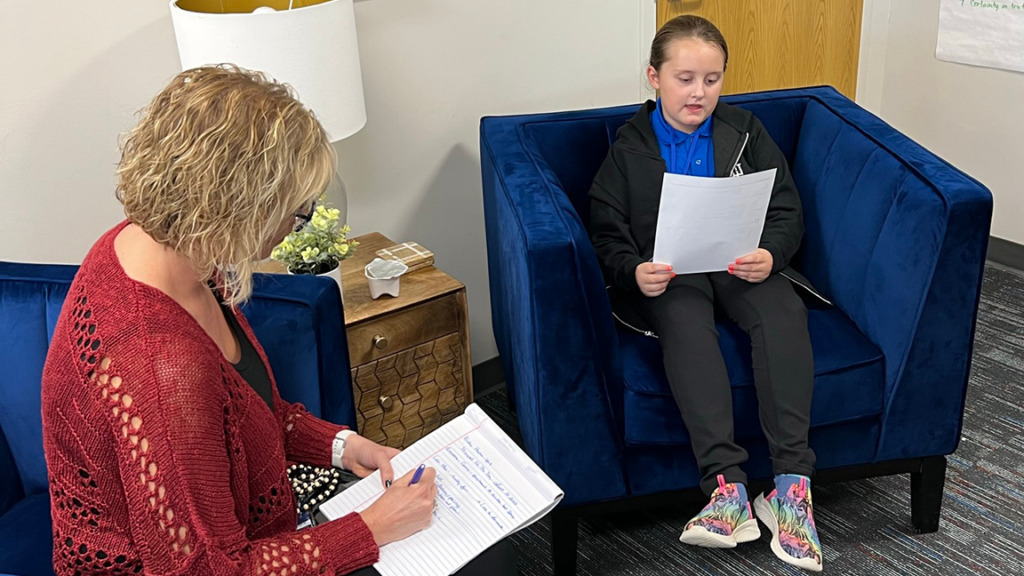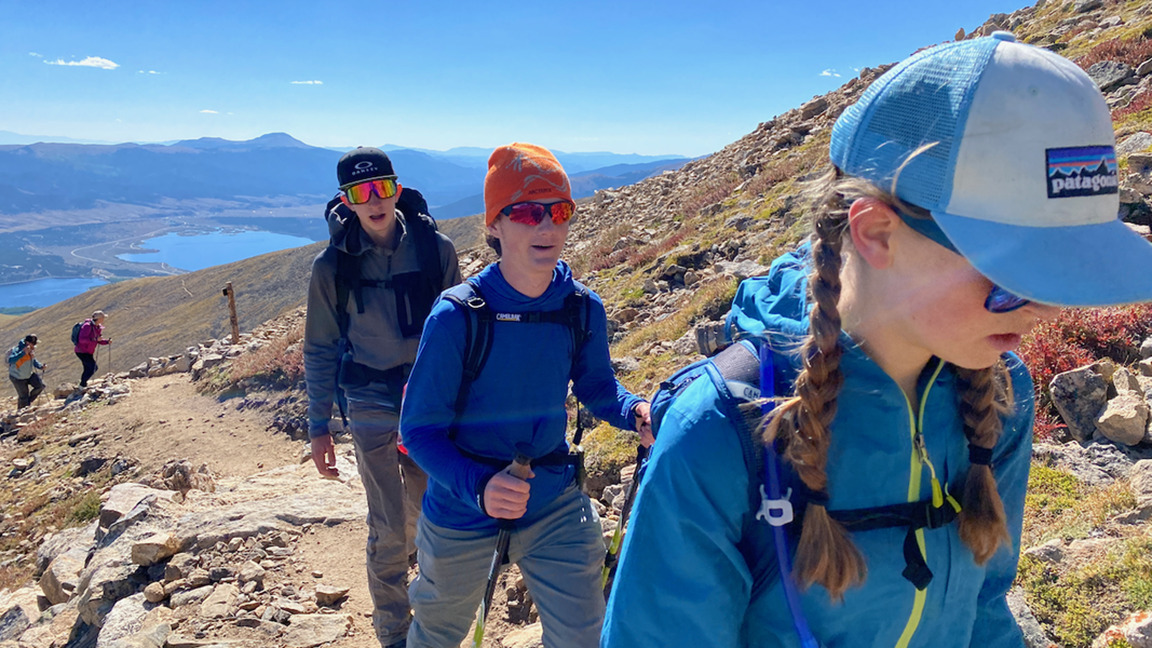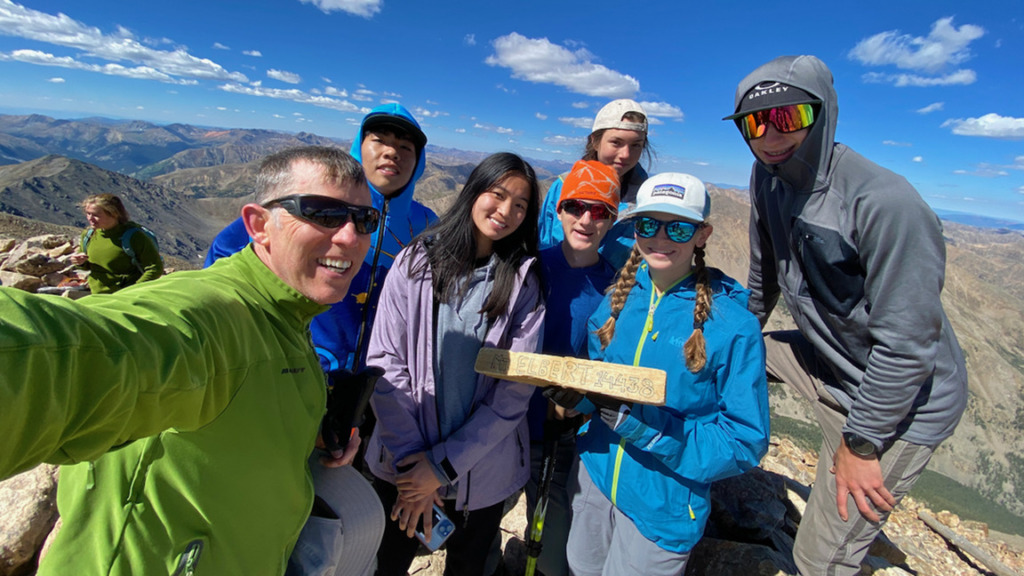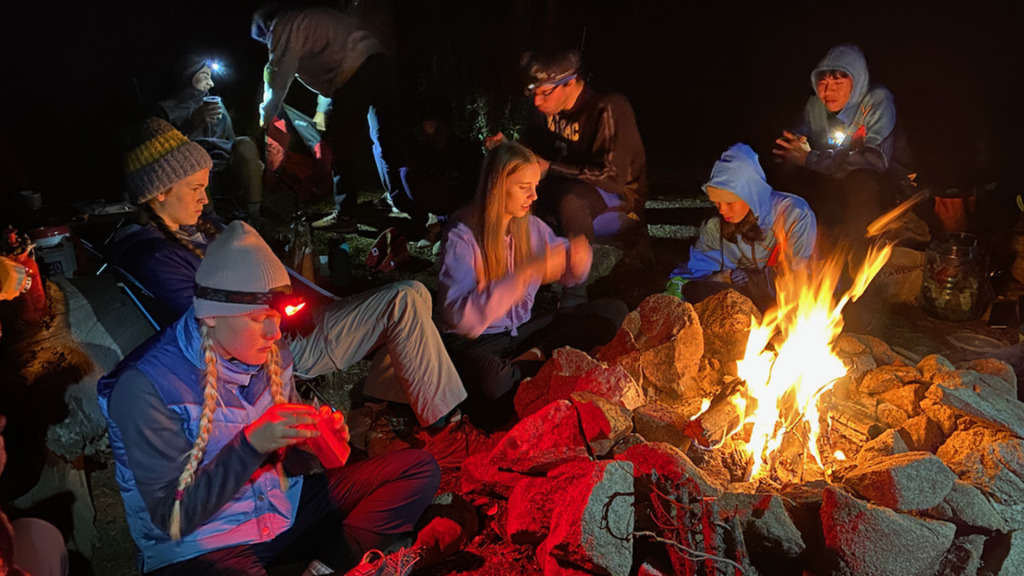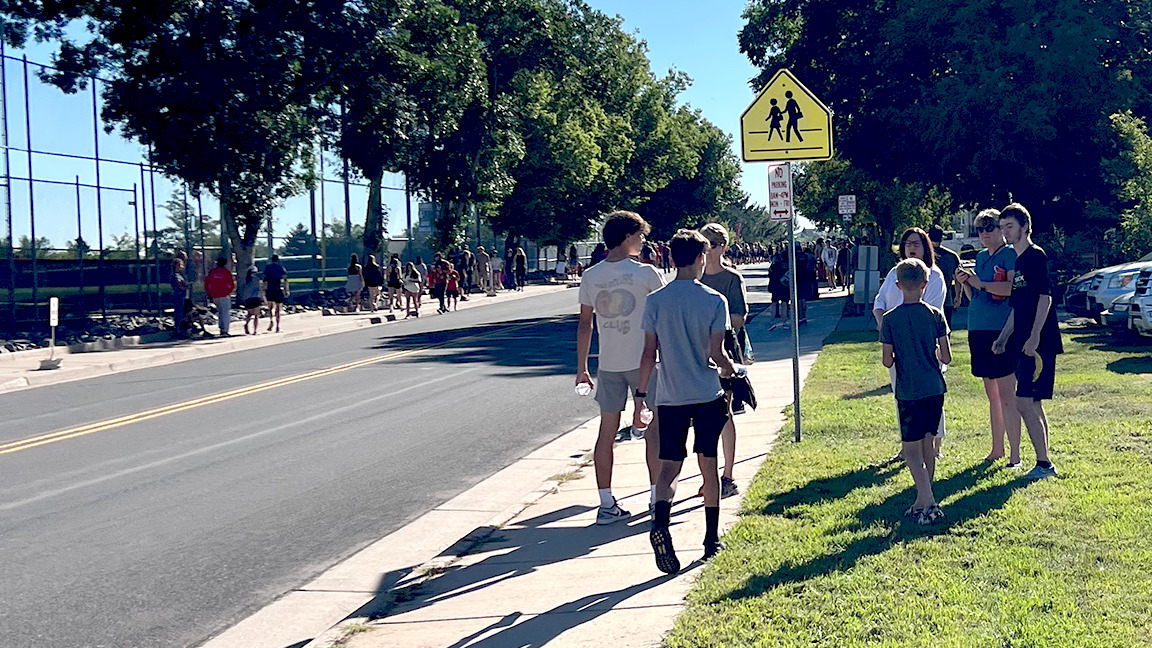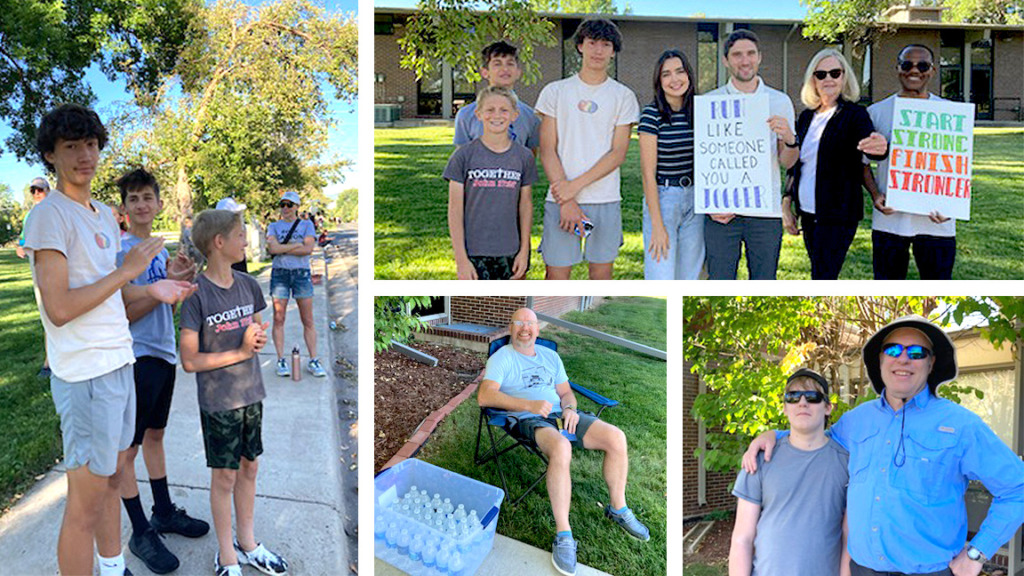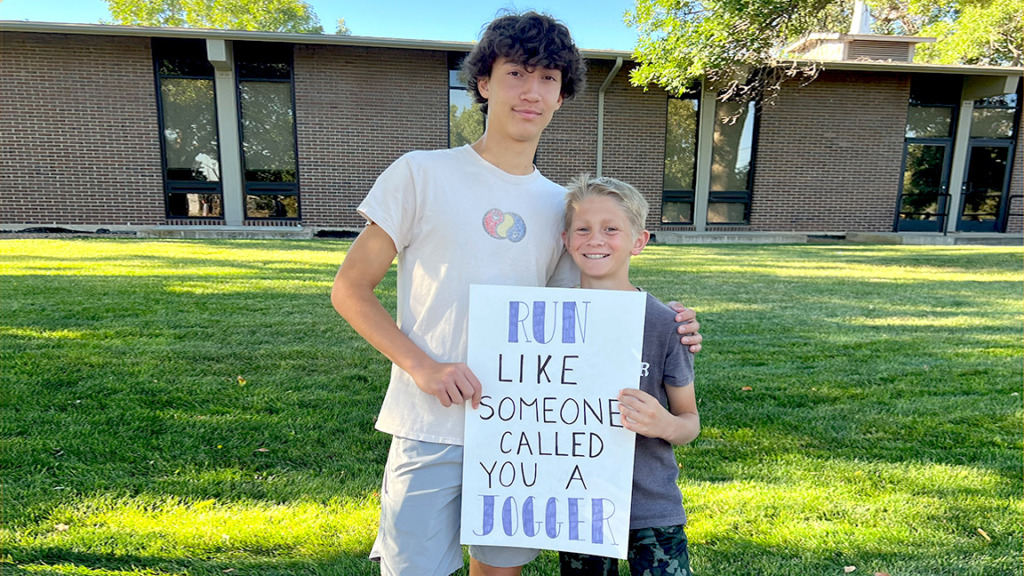Karrie Meyers – Highlands Ranch, CO … Mile High Academy (MHA) hosted a heartwarming Alumni Reunion, September 22-24, bringing together alumni, students, and staff, showcasing the strong bonds that continue throughout the MHA community.
The weekend kicked off with Grandparents Day on September 22, with over 90 grandparents participating in classroom activities alongside the students. This unique intergenerational experience provided grandparents with an up-close look at the outstanding education and nurturing atmosphere that MHA is renowned for.
The campus came alive on Saturday with the Alumni Reunion Sabbath. The day featured a special church service with alumni roll call, musical performances by MHA students, and a touching tribute to Maxine Gerst, former MHA teacher who passed away last October after a long battle with cancer. The tribute was followed by a message from former staff member Leandro Bizama, who spoke about the significant importance of returning “home” to one’s roots.
Following the church service and the annual honor class photos, everyone enjoyed an enchilada lunch generously provided by community families. The afternoon was filled with tours of the campus and visitation, allowing alumni to reminisce about their time at MHA while seeing the school’s growth and development over the years.
The first-ever 3-on-3 alumni and friends basketball tournament was held on Saturday night with fifteen teams battled it out on the courts in an atmosphere of friendly competition and camaraderie. The tournament crowned champions in three categories: men’s, women’s, and student teams, with each team showcasing their basketball skills and school spirit. The evening was a huge success and will be added to next year’s alumni weekend activities.
Sunday featured the annual Mustang Classic golf tournament at Raccoon Creek Golf Course, with 52 golfers enjoying beautiful weather. The winning team shot an impressive 14 under par, and the event was a success thanks to the support of nine generous sponsors.
Jocelyn Aalborg, who serves as the vice principal of finance and development and primary contact for alumni, conveyed her joy after the successful weekend, saying, “Our alumni hold a cherished space in our hearts, strengthening the family and community spirit that defines Mile High Academy. This weekend highlighted the profound significance of alumni reunions. They offer a chance for former and current students to unite and commemorate their shared journeys, all while our school progresses in fulfilling its mission.”
MHA’s next Alumni Reunion Weekend will be held September 27-29, 2024.
—Karrie Meyers is the marketing and development coordinator at Mile High Academy. Photos supplied.
